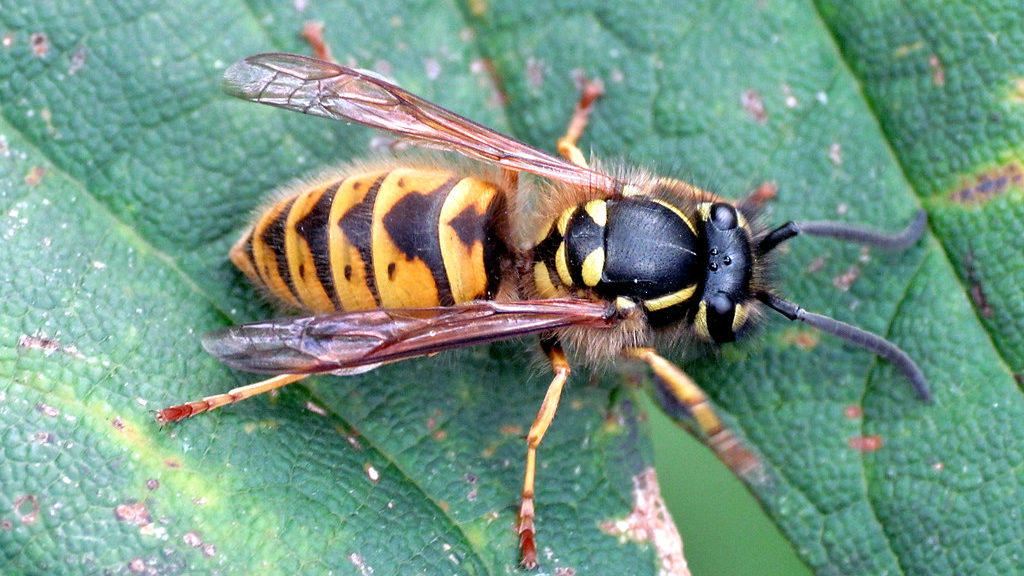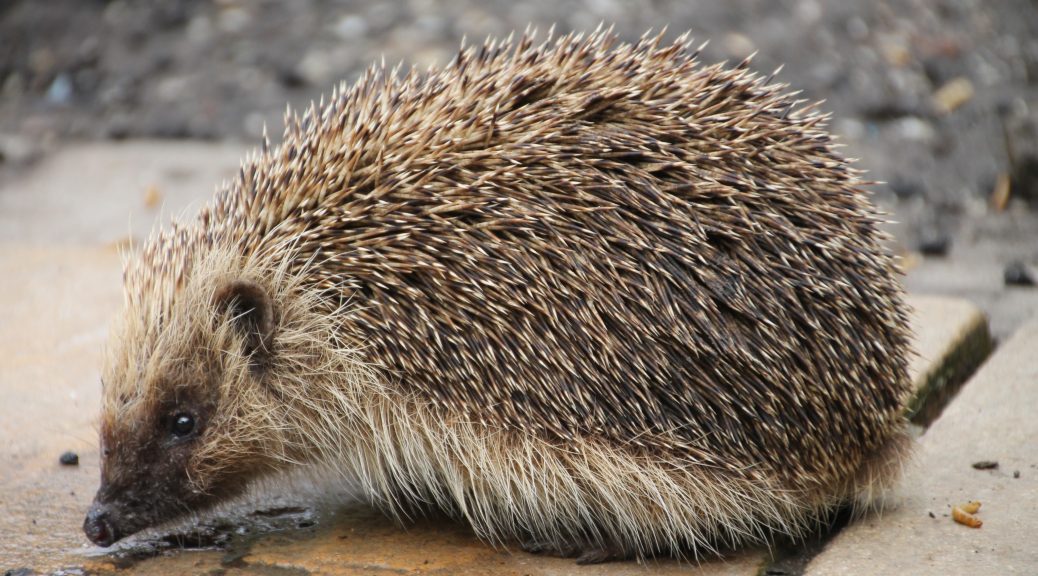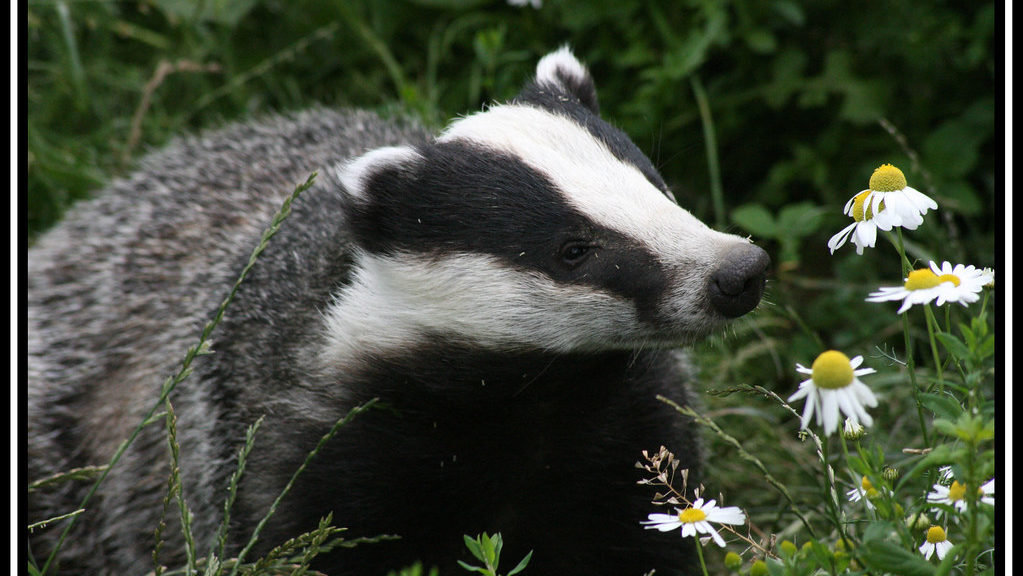The Independent reports the National Trust has defended killing pollinators despite catastrophic declines, describing its wasp traps as a “last resort” to keep visitors safe.
Matt Shardlow, chief executive of conservation organisation Buglife, has previously advised the National Trust on this issue and says he gets calls from people “outraged” that public sites are using traps.
He told The Independent that leaving out traps out actually increases the number of wasps.
Photo by zaphad1 under creative commons.



